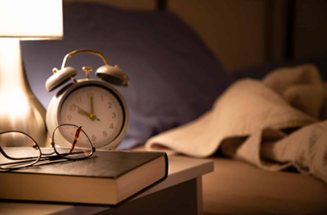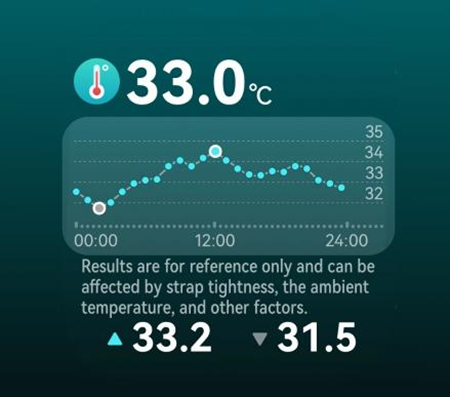Getting enough quality sleep is essential for overall
health and well-being. Not only does it help to refresh and recharge the body,
but it also plays a crucial role in physical recovery, cognitive function, and
emotional balance. However, building a consistent sleep routine can be
challenging, especially with a busy lifestyle. By creating a few simple habits,
you can significantly improve the quality of your sleep, and in turn, enhance
your recovery and health.

Ways to Develop a Better Sleep Routine for Your Health
A consistent sleep routine is vital because it signals to
your body when it's time to wind down, ensuring you get restorative sleep. Here
are some ways to help you build a regular sleep schedule to make it easier to
fall asleep and wake up naturally.
Set a Regular Sleep Schedule
The first step in building a healthy sleep routine is to
set a regular bedtime and wake-up time. Try to go to sleep and get up at the
same time each day, including weekends, to help stabilize your body’s internal
clock. This consistency will help you fall asleep faster and wake up feeling
more refreshed. The Huawei
Watch D2 can be a useful tool for monitoring your sleep
patterns, tracking your sleep duration, and reminding you when it’s time to
wind down.

Create a Relaxing Pre-Sleep Routine
A relaxing pre-sleep routine can make it easier to
transition from the busyness of the day to restful sleep. Engage in activities
that relax your mind, such as reading, listening to soothing music, or
practicing relaxation methods like meditation or deep breathing exercises.
Avoid stimulating activities, such as watching TV or using electronic devices,
which can interfere with your body’s ability to wind down. A relaxing pre-sleep
routine can signal to your body that it's time to prepare for rest, promoting
better sleep quality.
Make Your Sleep Environment Comfortable
Your sleep environment plays a significant role in the
quality of your rest, especially for people wondering why would blood pressure fluctuate. Make sure your bedroom is quiet, dark, and
cool, and your mattress and pillows are comfortable. Reducing light exposure,
especially from screens, and creating a cool, calm atmosphere can help signal
to your body that it's time for sleep.
Limit Caffeine and Heavy Meals Before Bed
What you consume before bedtime can significantly impact
your ability to fall asleep. Avoid consuming caffeine or heavy meals in the
hours leading up to bedtime. Caffeine, found in coffee, tea, and some sodas,
can keep you awake and disrupt your sleep cycle. Similarly, eating a large or
rich meal can cause indigestion, making it harder to get comfortable and fall
asleep. Try to keep your evening meals light and finish eating at least two to
three hours before bedtime for better sleep quality.
Incorporate Physical Activity into Your Day
Regular physical activity can promote deeper sleep, but
it's essential to time your exercise properly. Aim for at least 30 minutes of
moderate exercise each day, but avoid vigorous exercise close to bedtime, as it
can elevate your heart rate and make it harder to fall asleep. The combination
of physical activity and quality sleep helps maintain a healthy body and
balanced blood pressure, promoting long-term health and recovery.
Conclusion
Building a healthy sleep routine is one of the most
effective ways to improve your overall health and well-being. By setting a
regular sleep schedule, creating a calming bedtime routine, and more, you can
achieve better rest and recovery. Don’t forget to use technology, like the Huawei Watch D2, to monitor
your sleep quality and make adjustments as needed. A consistent sleep routine
not only helps you feel more rested but can also contribute to better physical
and mental health in the long run.




